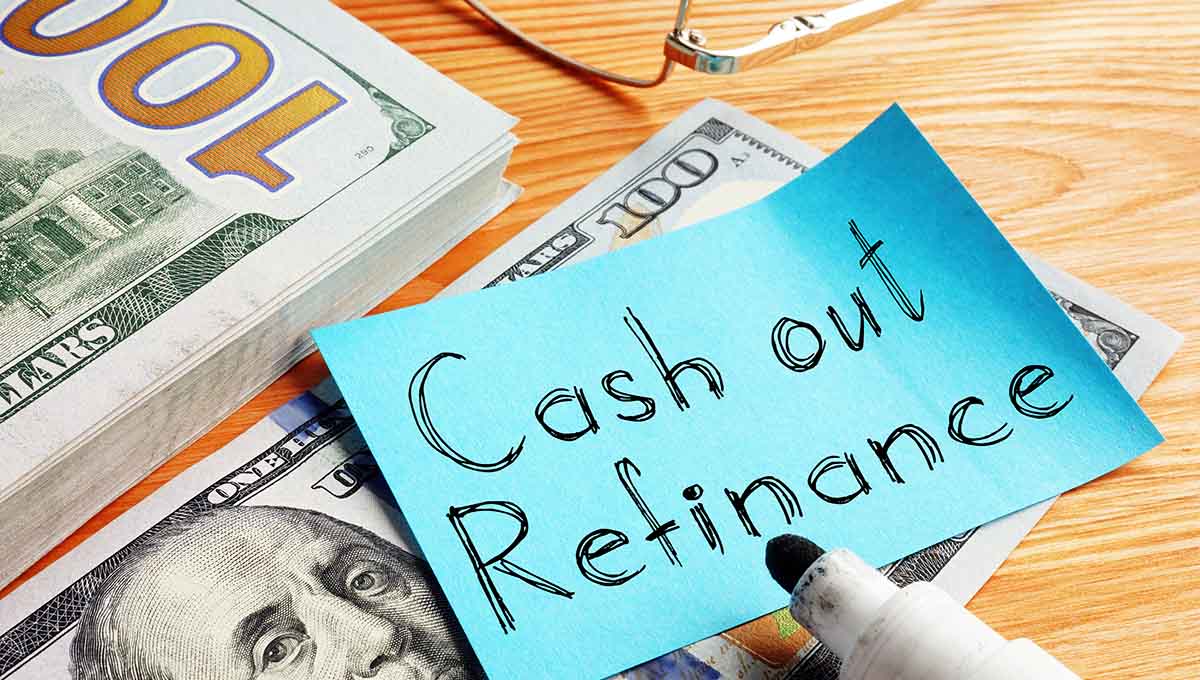
What is a cash-out refinance?
A cash-out refinance can provide a valuable solution if you’re a homeowner with sufficient equity and some debt to pay off. A cash-out refinance is a home loan that allows you to refinance your existing mortgage while taking out additional cash beyond your loan balance if you have enough equity. At Mortgage Equity Partners and most other lenders, 20% equity is required.
What happens when I refinance?
A cash-out refinance is a home loan in which you replace your existing mortgage with a new one for a larger amount than what you currently owe. The difference between the new and existing mortgage is paid out to you in cash, which you can use for any purpose, including paying off debt.
How does a cash-out refinance work?
To get a cash-out refinance, you’ll need to have some equity in your home – that is, the amount by which the market value of your home exceeds your outstanding mortgage balance. When you refinance, you’ll get a new mortgage that pays off your existing mortgage and gives you additional cash. The amount you receive will depend on your home’s value, credit score, and other factors like your debt-to-income ratio and loan-to-value (LTV).
Home Equity is the cash value of your home. For example, if your home is valued at $400,000 and you owe $200,000 on the mortgage, your home has $200,000 of net equity.
Loan to Value ratio (LTV) expresses how much money you’re borrowing compared to your home’s value. This is an integral part of the equation when a lender considers whether to approve your refinance. Lenders generally look for LTV to refinance to be 80% or lower.
Pros of a cash-out refinance
One of the significant benefits of a cash-out refinance is that you can use the additional cash to pay off high-interest debt, such as credit cards or personal loans. This can help you save a lot of money on interest payments over time. In the current market, mortgage interest rates are higher than in the recent past, but so are credit card interest rates. Many homeowners find that increasing their household cash flow is possible by refinancing their mortgage to a slightly higher rate and paying off unsecured and credit card debt. To determine if it works for you and your family, our loan officers can prepare a financial analysis with all the details for you to review.
Cons of a cash-out refinance
There are also some potential downsides to a cash-out refinance. You’ll have to pay closing costs, which can add up to several thousand dollars. You’ll also be taking on a larger mortgage and potentially extending the term of the loan, which means you’ll be paying more interest over time.
A cash-out refinance can be a great way to pay off high-interest debt and increase your monthly cash flow, but it’s essential to understand the potential costs and risks. If you’re considering a cash-out refinance, contact one of our professional loan experts who can help you navigate the process and find the best possible solution. With the proper guidance, a cash-out refinance can be a valuable financial tool that enables you to reach your goals and improve your financial health.




